Hay on garden
borderokie
10 years ago
Related Stories
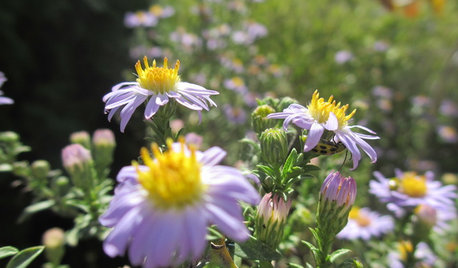
NATIVE PLANTSPlant These Fall-Flowering Natives in Early Summer for Pollinator Love
These 3 groups of plants will support masses of beneficial insects come autumn
Full Story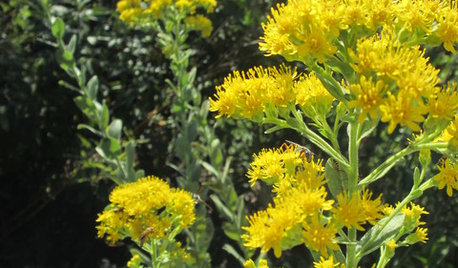
FALL GARDENINGGreat Design Plant: Oligoneuron Rigidum Brightens Fall Gardens
Create a pollinator feeding ground with this cheery, fuss-free goldenrod, formerly known as Solidago rigida, native to much of the U.S.
Full Story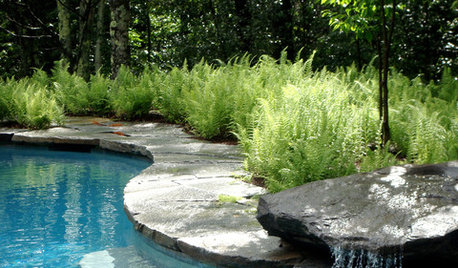
GROUND COVERSNative Alternatives to English Ivy, Japanese Pachysandra and Periwinkle
These shade-loving ground covers are good for the environment and say something about where you are
Full Story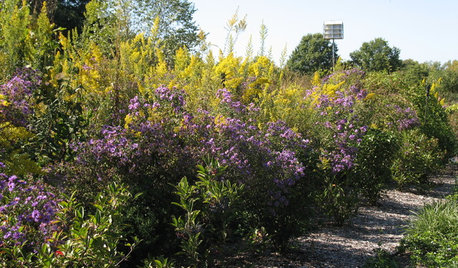
GARDENING GUIDESGreat Design Plant: Solidago Speciosa
Showy goldenrod lives up to its name in eastern U.S. gardens, with bold, upright yellow flowers appearing in early fall
Full Story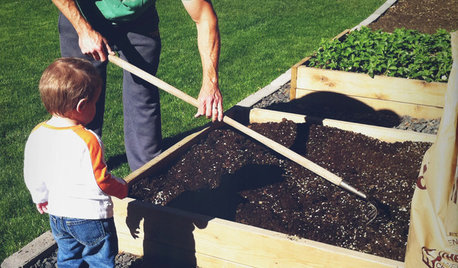
GARDENING AND LANDSCAPINGBuild a Raised Bed to Elevate Your Garden
A bounty of homegrown vegetables is easier than you think with a DIY raised garden bed to house just the right mix of soils
Full Story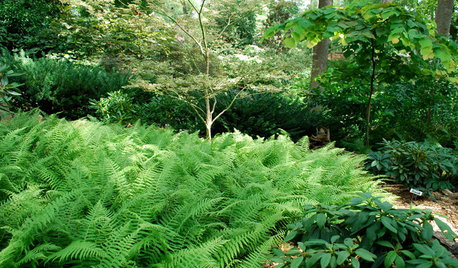
PLANTING IDEASFerns: A Shade Gardener’s Best Friend
Bring rich texture and contrast to a dark woodland landscape with wonderfully diverse ferns
Full Story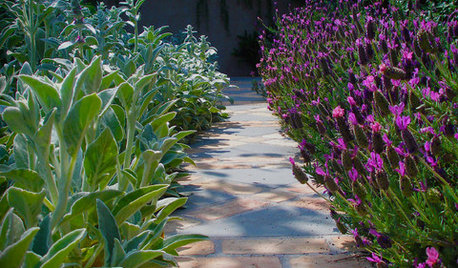
LANDSCAPE DESIGNThe Garden Edge: Rethink Your Garden Pathways
The right plant choices not only frame your paths with distinction, but they also take you on a journey of the senses
Full Story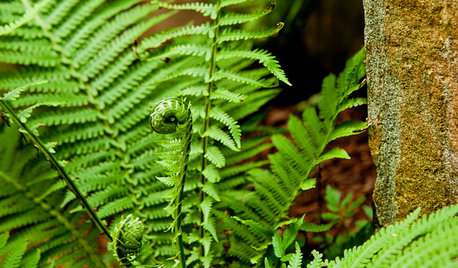
GARDENING GUIDESGreat Design Plant: Ostrich Fern (Matteuccia struthiopteris)
Try this giant among ferns for a showstopping sight in a shady or even somewhat sunny woodland garden
Full Story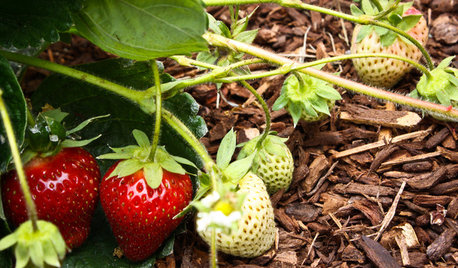
SPRING GARDENINGSummer Crops: How to Grow Strawberries
Pluck your own sweet strawberries right from the garden vine for smoothies, salads or eating then and there
Full Story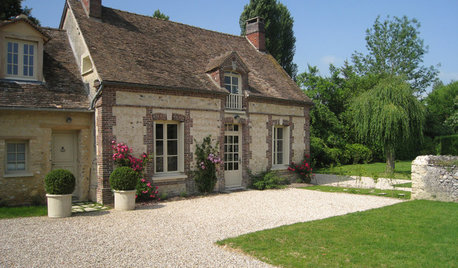
ARCHITECTURERustic Roundup: 5 Barn or Barn-Inspired Homes
Homeowners are hitting the hay in spaces that recall a farm — and the interpretations range from literal to far afield
Full StoryMore Discussions






wbonesteel
Okiedawn OK Zone 7
Related Professionals
Ferndale Landscape Architects & Landscape Designers · Manorville Landscape Architects & Landscape Designers · Buford Landscape Contractors · Alpharetta Landscape Contractors · Berwyn Landscape Contractors · Fort Worth Landscape Contractors · Holland Landscape Contractors · Hollywood Landscape Contractors · St. Louis Landscape Contractors · West Chicago Landscape Contractors · Yukon Landscape Contractors · Myrtle Beach Decks, Patios & Outdoor Enclosures · Philadelphia Decks, Patios & Outdoor Enclosures · Racine Decks, Patios & Outdoor Enclosures · St. Louis Decks, Patios & Outdoor Enclosuresslowpoke_gardener
Pamchesbay
borderokieOriginal Author
elkwc
borderokieOriginal Author
wbonesteel
slowpoke_gardener
borderokieOriginal Author
slowpoke_gardener
borderokieOriginal Author
slowpoke_gardener
greenacreslady
slowpoke_gardener
Okiedawn OK Zone 7
greenacreslady
slowpoke_gardener
elkwc
Okiedawn OK Zone 7
greenacreslady